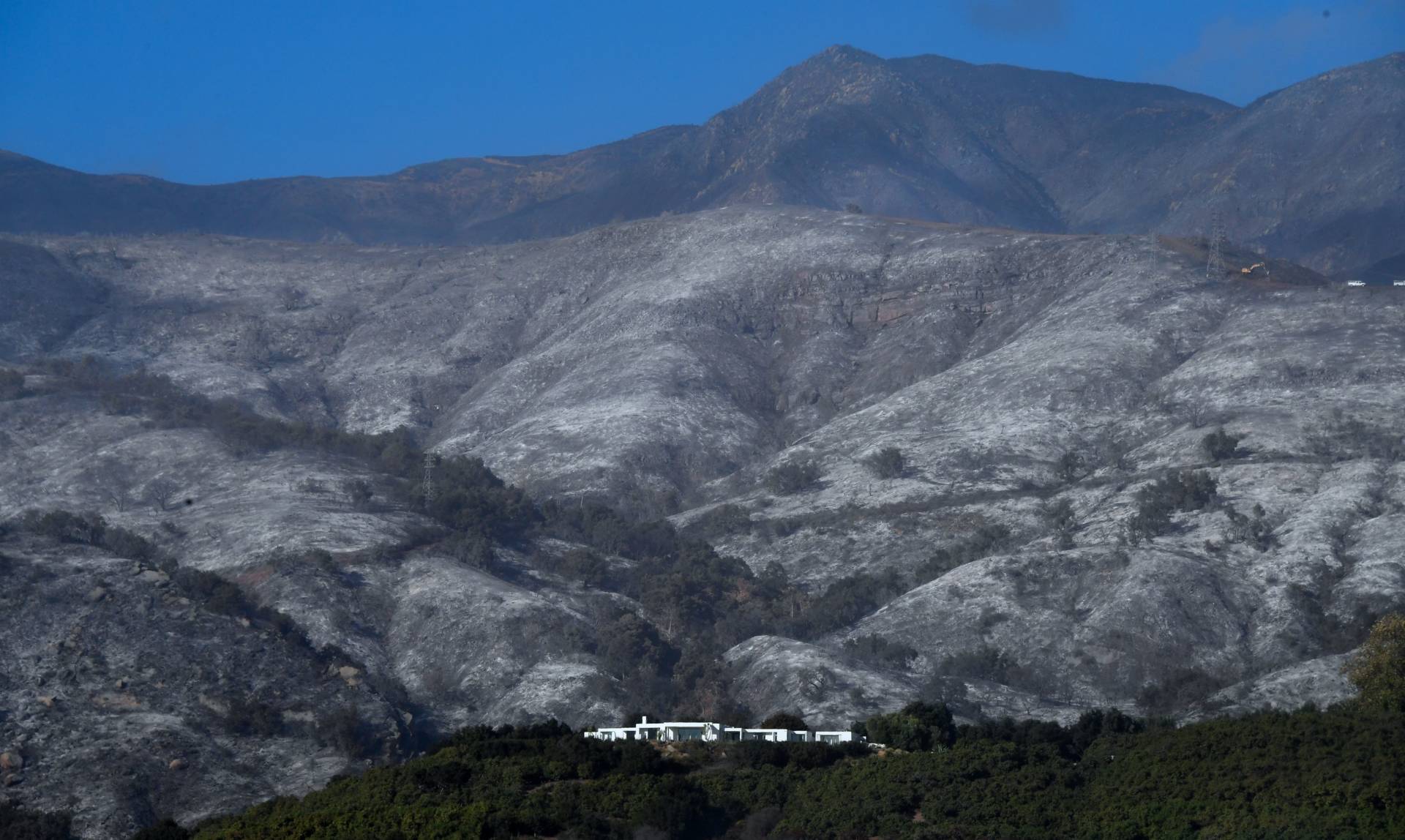What makes Studio NPL a valuable space for young people to create and learn?
Studio NPL is teen-interest driven and offers multiple on-ramps for engagement through our dedication to the connected learning and HOMAGO (Hanging out, messing around, and geeking out) principles. In practice, that means that our teens’ interests and college and career goals drive how we staff and stock the space. Even in our early conception phase teens contributed to the design and layout of the space, and worked with community organizations to create and pilot programs for their peers. To continue our commitment to the teen voice, we staff three teens (through our TOTAL program) that implement programs, survey our patrons, and build peer-mentoring experiences with the teens. Studio NPL is also very aware of the size and sprawl of our community, and we do a great deal of outreach through our mobile mentors and labs. This give teens that may have transportation challenges an opportunity to engage comfortably with our programming, and also spreads the word about Studio NPL and widens the diversity of the teens participate in our programs. We see young people coming from all corners of Davidson County, where Nashville is located. Some have never engaged with teens from other schools, neighborhoods, and backgrounds, and we find they begin to build friendships and partnerships that they may not have opportunities to build otherwise.
What role do mentors play in fostering youth engagement and learning?
Our mentors come from a variety of backgrounds and professions; we have, on our team, former (and current) schoolteachers, an events photographer, an artist, a YOUtube producer, a carpenter -the list goes on. The mentors design and lead workshops in their area of expertise and create and document. They are skilled at engaging our patrons and teaching the equipment and techniques, but also focus on introducing our participants to career opportunities and academic connections. We love giving the teens opportunities to showcase, sing, perform, and to “be the star” of the show, but we also try to demonstrate the intense work and dedication that go on “behind the scenes”- the design processes, the editing, the prototyping, event planning and the set-up of performance space and recording booths.
While we have our content expert mentors, this work could not exist without the dedication of our Library staff at the Studio NPL spaces. They bring innovative and relevant programming ideas, build relationships with our patrons, and connect them to social services, tutors, mentors, books, programs; all while offering hands-on programming and positive adult interactions.
Why do you think in-school teachers should collaborate with the YOUmedia network?
Here in Nashville we have worked very hard to establish a relationship with teachers and librarians that work in local middle and high schools. This is a key element of our outreach, and we find that when we go into a school, we end up seeing a lot of those students in the space the following week. We also find that our visits are valuable to the teachers/librarians at the school. We hear from a lot of school staff that express a desire to have advanced technology in their classroom but –considering the tight budget of the school system- find that it is just not possible. Studio NPL, and other YOUmedia network sites have the ability to bring those tools (and the expertise) into the classroom to assist the teachers, or offer teachers opportunities to bring their class to our sites. We’ve got a handful of former high school teachers working as mentors in our spaces, and they combed through our projects and workshops and assign state standards and learning goals to each lesson so that when we take these workshops to the schools, the staff sees that we are intentional and are there to help supplement their program, and not distract from it. The relationship between school and informal learning spaces like libraries and museums is invaluable to serving our patrons more holistically and effectively.
5) What’s your vision for the future of education in Nashville (and beyond), and the role that Studio NPL could play in that?
Nashville has an incredible collaborative and grassroots feeling to it, and there are incredibly innovative and creative people working to better our community. There are some robust after-school systems already in place, especially through the nationally recognized NAZA network with whom we partner extensively. There is a lot of exciting talk about lifelong and self-directed learning, and spaces like those in the YOUmedia network offer some incredible opportunities for students to delve deeper into their interests, explore their academics, and design their own learning pathways with the help of some really fantastic and dedicated staff. We hope to see learning labs and other forward-thinking after school spaces become part of the education ecosystem, build relationships with schools and city administrators, and explore ways to connect, incentivize, study, and grow students inside and outside the classroom. There is a lot of discussion on the national level around badging people as they learn and develop new skills (some info on that here www.lrng.org), and I think it would be wonderful if a system like that could be adopted by schools, colleges, after school programs, and even local business owners so that we would begin to see a sort of cross sector recognition and standardization of the skills that young people are learning. Libraries and museums are already natural partners for schools, and I hope we continue to build the professional relationships needed to design and implement lifelong learning pathways for our young people.
